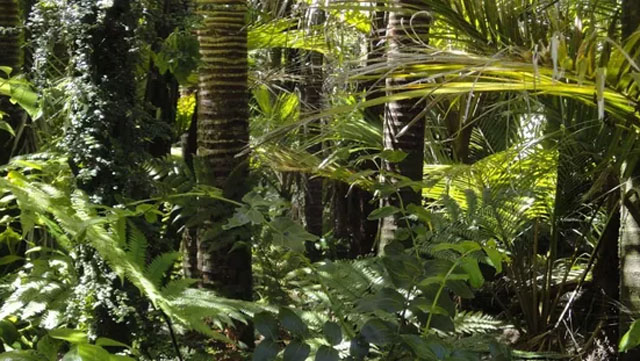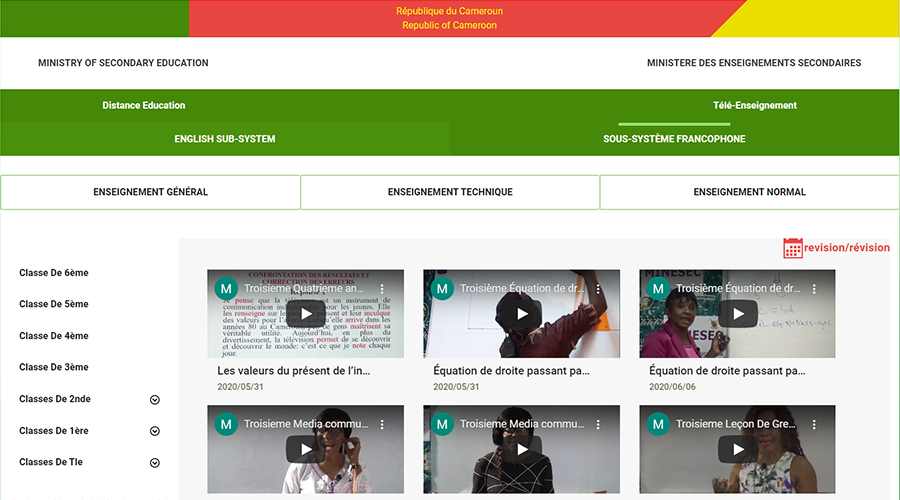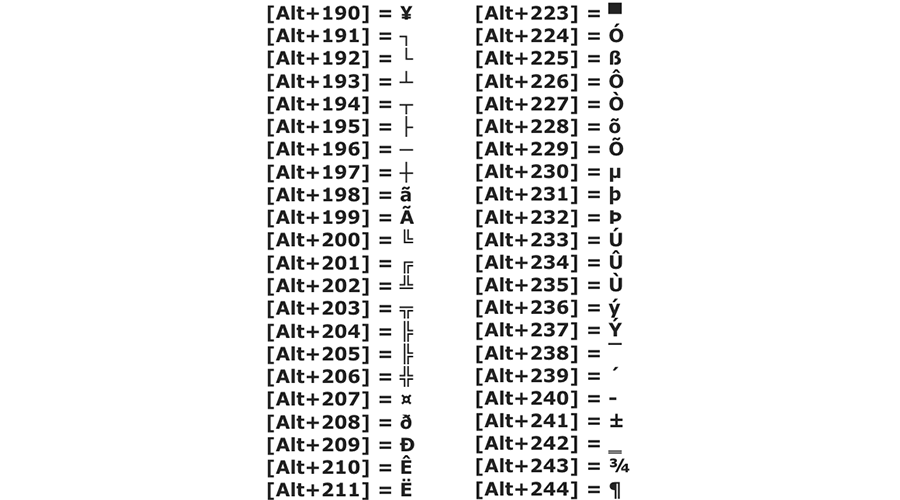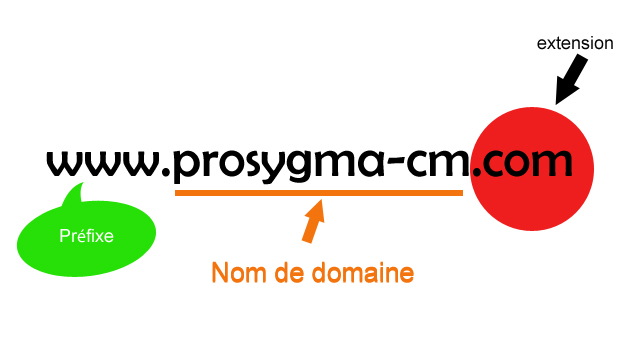The Support to VPA-FLEGT processes in Vietnam, Laos and Cameroon project : origin and issues
The project "Support to the VPA-FLEGT processes in Vietnam, Laos and Cameroon" was initiated by two entities : the Cameroonian Ministry of Forests and Wildlife (MINFOF) and the German Federal Ministry for Economic Cooperation and Development (BMZ) represented by the German Development Cooperation (GIZ).
It aims to combat illegal logging, which has harmful consequences for the environment and society : accelerating climate change, fuelling conflicts over land, increasing corruption and causing significant tax losses.
This illegal logging is an undercurrent of poor governance in the forestry sector. To address this, the FLEGT-VPA process was established.
What is the FLEGT-VPA ?
The FLEGT-VPA is a Voluntary Partnership Agreement on forest law enforcement, governance and trade between timber-producing countries and the European Union.
This agreement ensures that timber exported to European markets is legally sourced and that the forest governance of the exporting country is improved.
This involves building consensus among stakeholders concerned with forest governance (governments, civil society, the private sector) to ensure that existing policy decisions and legislation are implemented in the long term.
As a result, governments have developed a barcode-based Legality Assurance System (LAS) as a tool for monitoring the supply chain.
Project challenges
As Cameroon is the largest supplier of timber to Vietnam (23% of imports) and both countries have signed FLEGT-VPAs, it was important to foster a healthy and responsible trading relationship between the parties.
Furthermore, in view of sustainable development issues such as global warming, democracy, biodiversity preservation and energy transition, forest protection has become a collective responsibility. Consequently, the exploitation of wood is regulated at international level.
Vanessa Ntoh









